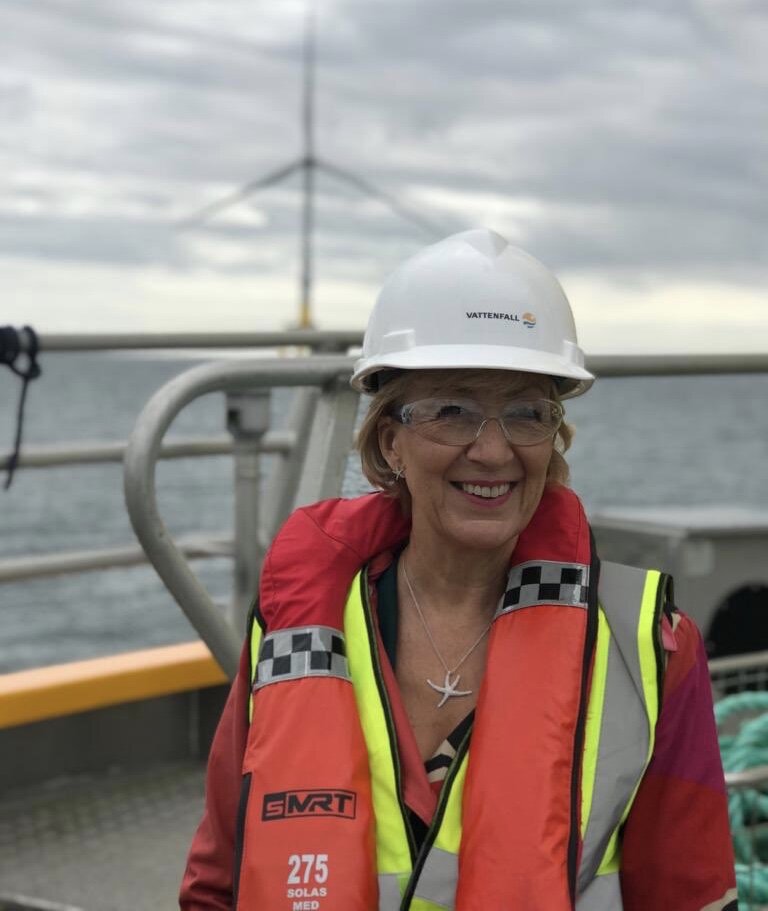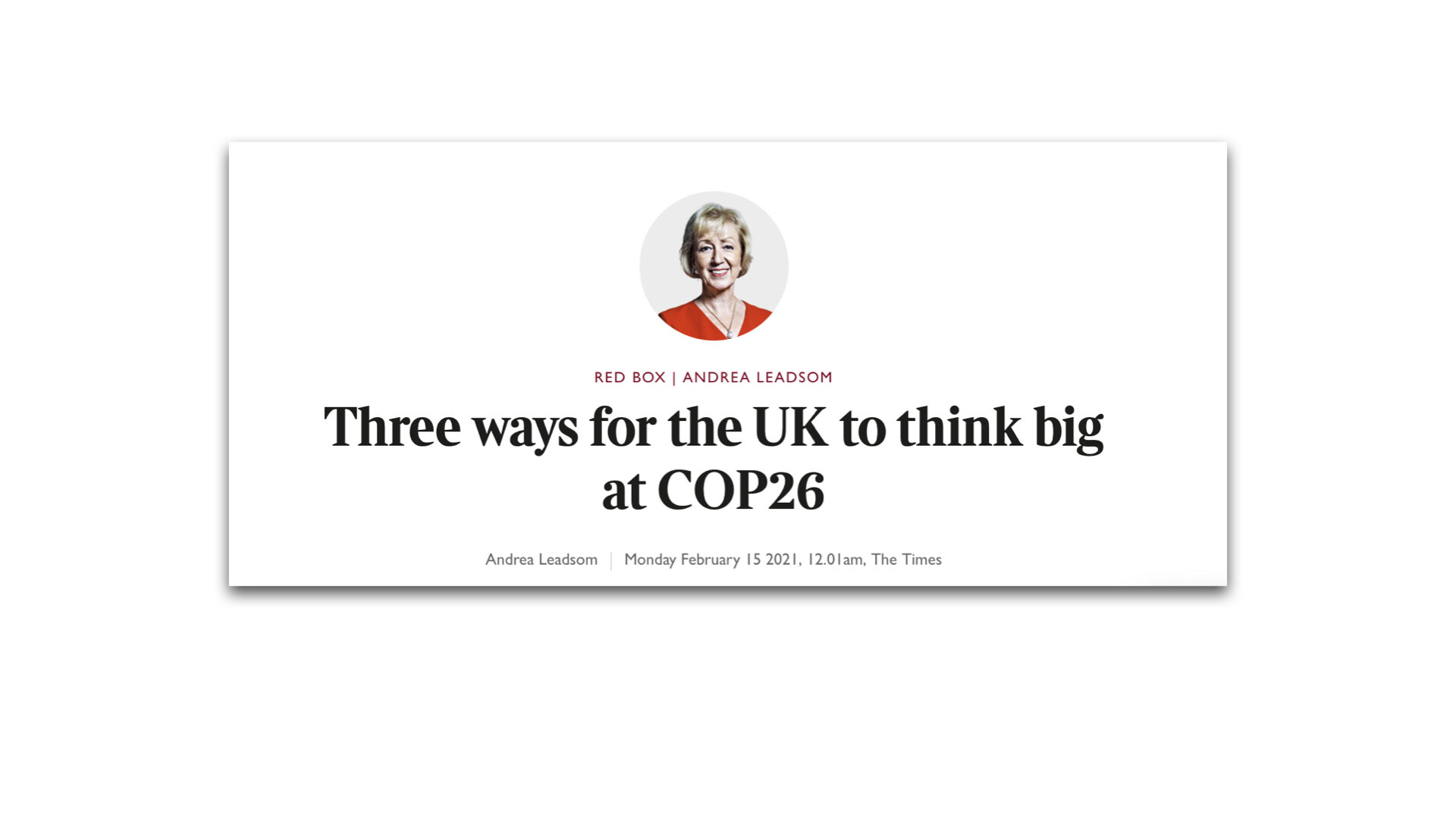COP26 Reflections

Over the past two weeks, the world has had its eyes closely fixed on Glasgow and the outcome of COP26.
The agreement struck by world leaders and negotiators, sets out the following pledges:
On coal, 65 countries have now committed to phasing down the use of coal power. All major coal financing countries have committed to end international coal finance by the end of 2021, with $20 billion in funding to support the transition to clean power announced at COP26. There is now more work to be done to ensure all major emitters sign up to phase out coal.
On cars, over 30 countries and some of the world’s largest car makers committed to work together to make all new car sales zero emission globally by 2040, and by 2035 in leading markets, building on the UK’s commitment to end the sale of all new petrol and diesel cars by 2030.
On cash, more public and private finance has been mobilised to support climate action in developing countries than ever before and the global financial system is aligning behind a net zero world. New pledges made at COP26 bring countries closer to meeting the $100bn annual climate finance target next year, as well as mobilising billions in private finance and green investment. Governments have committed to double the overall finance for adaptation and better address the threat of loss and damage in climate-vulnerable countries. The UK will work with all countries to make good on those pledges.
And on trees, more than 130 leaders, representing over 90% of the world’s forests, pledged at COP26 to end deforestation by 2030, backed by almost £14 billion of public and private funding.
I was delighted to attend COP on both the ‘Energy’ and ‘Youth’ focused days. During my visit to Glasgow I met with Manuel Pulgar-Vidal, President of COP20 in Lima and now global climate and energy practice leader at WWF to discuss how to audit decarbonisation pledges and assess progress against them. I also met with Rachel Kyte, former special representative of the UN Secretary-General, former World Bank Group vice president, & special envoy for climate change leading the run-up to the Paris Agreement for her take on how the negotiations were progressing and how enforcing action against pledges could happen.
On Youth Day, I heard many passionate speeches and much powerful lobbying. Young people are 20% of the population but 100% of the future! Message from Scouting UK (there are 57 million scouts around the world) is Reduce, Recycle, Recover, Rethink. They are making a #PromisetothePlanet. Chief Scout Bear Grylls was also on hand to reiterate their message.
Youth led international movement Y 4 Nature had many delegates at COP talking about their experience of climate change and the action they would like to see, and we also heard from Al Gore about the economies of scale in the green economy - new renewable projects now being cheaper to produce electricity than most fossil fuel production. He argued strongly that Electric vehicles will soon go the same way, making sure most people can afford to buy an electric car or van in preference to petrol or diesel.
Many parliamentary colleagues attended COP – it was great to check out the stunning Eden Project display with Tim Loughton MP. I also visited the Kew Gardens stand to hear about the excellent work being done by scientists to enhance biodiversity around the world.
Thank you to Sepi, Gareth and Alasdair at the ECIU for organising a packed day one timetable, and for the briefings on progress of CoP26 negotiations.
But what will be the legacy of this COP?
In the time since the Paris Agreement was reached, the way in which clean technologies have rapidly developed has been truly remarkable. There have been some fantastic announcements at COP26 and the engagement of the private sector at the summit demonstrates the degree to which business and investment get this agenda. The target of keeping to a maximum of 1.5 degrees of global warming is still alive.
But there is also a warning to world leaders that, if they are slow off the mark, they will be left behind by markets which are already racing ahead of them. The UK Presidency, which continues for the next year, must continue to play a leadership role, holding leaders to account and driving delivery of the initiatives they have led here in Glasgow. But also by continuing to deliver on our own net-zero strategy, to ensure that we are leading by example, as we go forward to COP27 in Egypt.










